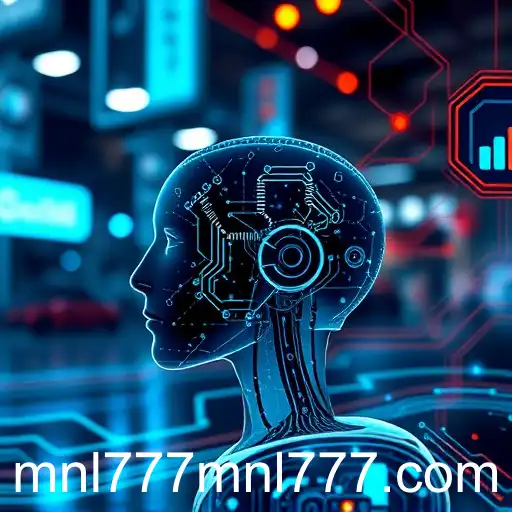
As 2025 progresses, the world stands at the cusp of monumental technological advancements that are significantly impacting global economic landscapes. The recent breakthroughs in artificial intelligence and machine learning have introduced new dynamics across industries, propelling growth in sectors previously unheard of.
The financial markets have been majorly disrupted by these innovations, with AI-driven trading systems now capable of analyzing massive datasets at unprecedented speeds, giving investors an edge. Meanwhile, blockchain technology continues to revolutionize the financial sector, offering decentralized solutions that promise greater transparency and security.
Moreover, the digital revolution has permeated the manufacturing sector, bringing about the age of Industry 4.0. This new era is characterized by smart factories where IoT devices communicate seamlessly to optimize production processes. As a direct result, countries are experiencing shifts in economic power, with some emerging markets taking the lead in adopting these technologies.
On a societal level, these technological shifts have raised important questions about ethics and employment. There is growing concern over job automation and the potential displacement of workers, prompting governments and companies alike to invest in reskilling initiatives. The debate over data privacy and the ethical use of AI also continues to be at the forefront, with regulators playing catch-up to fast-paced innovations.
This technological evolution also bolsters the rise of startups and entrepreneurship globally. Innovators are finding more accessible resources and platforms to launch and scale their ideas, supported by an ecosystem that banks on creativity and disruption as key growth drivers.
The changing dynamics prompt a reevaluation of global education systems, emphasizing STEM disciplines to prepare future generations for a technology-dominated workforce. The demand for tech-savvy professionals is skyrocketing, underlining the importance of integrating technical skills with creative problem-solving and critical thinking abilities.
In conclusion, while technology continues to offer immense opportunities, it also presents challenges that need addressing. The exploration and implementation of sustainable practices are essential as the global community works towards inclusivity and shared prosperity in this new digital age.


